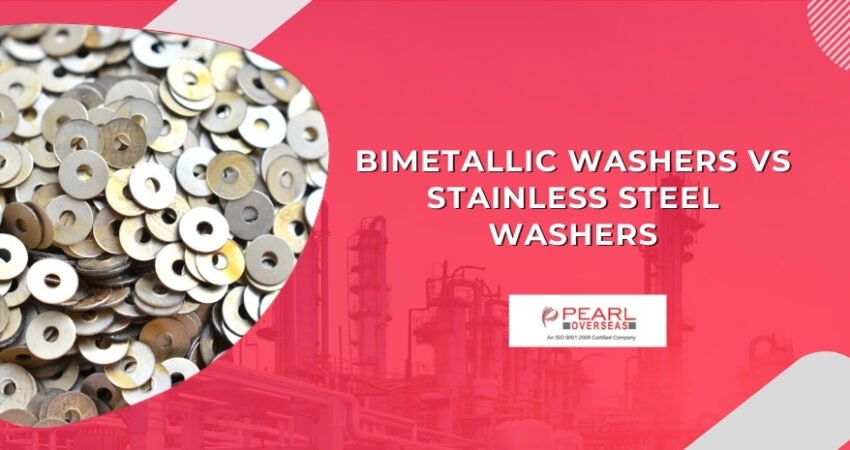
Why Molybdenum Is Classified as a Metal?
Molybdenum is not a non-metal; it is a metal, which is also one of the Transition metals of the periodic table. It is silvery gray in appearance, has high melting point and is very strong. Speaking about Is Molybdenum a Metal or Non-Metal, we may state that it possesses all the properties of metals. It is significant as demonstrated by its extensive application in Steel alloys , industrial machinery and in Electrical conductivity .
Is Molybdenum a Metal or Non-Metal?
Molybdenum is a non-metal, but rather a metal and it is a part of a transition metal group on the periodic table. It is very heat and corrosion-resistant with a shiny and silvery- gray color. It exhibits all the characteristics of a metal when one talks of Is Molybdenum a Metal or Non-Metal. This component is a common factor in Alloyed Steel to enhance its strength and longevity.
Where Is Molybdenum Found?
Molybdenum is mostly in the crust of the earth but usually it is mixed with other minerals such as molybdenite. It does not occur much in pure form and is typically extracted as a byproduct of copper mining. The large deposits are in major producers such as China, Chile, and the United States. Speaking about Where Is Molybdenum Found, it is an important part of the industrial production on the planet.The high electrical conductivity and industrial significance of the metal make it an effective metal in numerous applications, you may also like Advantages and Disadvantages of Bimetallic Washers
Uses of Molybdenum in Industry
Molybdenum that is important in many industrial applications is its strength, Heat Resisting and Corrosion Protection. Applications of Molybdenum in Industry It is not a secret that when discussing Uses of Molybdenum in Industry, it is the alloy that enhances the performance of the machinery in terms of metal. It is essential to the manufacturing, construction, and energy sectors due to its special properties.
- Strengthening steel alloys used in tools and machinery
- Enhancing corrosion resistance in pipelines and engines
- Used in electrical contacts and high-temperature furnaces
- Applied in aerospace and energy equipment for durability
Molybdenum in Everyday Applications
Molybdenum is one of the versatile metals that has its strength, durability and the capacity to resist extreme temperatures. It is typically applied in both kitchenware and automotive components and electronic devices to enhance the performance and life cycle. It is a stable material in terms of corrosion and temperature and offers a very high level of reliability over time. Speaking about Molybdenum in Everyday Applications, it is easy to understand that modern technology is improved by Molybdenum. Molybdenum is still used in the fabrication of durable and efficient products both at home and in the industrial world.
Molybdenum vs. Other Metals: What Makes It Unique?
Uniqueness of molybdenum over other metals is the high strength, heat resistance, and corrosion resistance. It is stable even in very high temperatures unlike most of the common metals which become weak or melt down. In the case of Molybdenum vs. Other Metals: What Makes It Unique, this feature to improve the performance of the alloy is one of its strongest points. It also provides a high conductivity rate and longevity of the material and this is crucial in the industrial and technological use. Molybdenum, in comparison to steel or aluminum, has properties which make it offer high performance materials with long life span.
- Exceptional High-Temperature Strength : Maintains stability and hardness even under extreme heat.
- Superior Corrosion Resistance: Performs better than many metals in harsh or acidic environments.
- Enhanced Alloy Performance : Increases the strength, durability, and wear resistance of other metals when combined.
Advantages of Molybdenum as a Metal
Molybdenum is a very precious metal because of its strength, resistance to corrosion and resistance to heat. It increases the efficiency of alloys and is needed in industrial, electronic, and energy use. Durability and thermal stability of the metal render it invaluable in any high stressing environment.
| Advantage | Description | Category | Example Use | Industry |
| High Melting Point | Can withstand extremely high temperatures without losing strength | Physical Property | Furnace Components | Energy & Manufacturing |
| Corrosion Resistance | Protects materials from rust, acids, and harsh environmental conditions | Chemical Property | Pipelines | Oil & Gas |
| Strength & Durability | Enhances the mechanical performance of alloys and components | Mechanical Property | Steel Alloys | Construction & Automotive |
| Thermal Stability | Maintains structural integrity under high heat | Physical Property | Engine Parts | Aerospace & Automotive |
| Electrical Conductivity | Useful in electronics and energy applications | Electrical Property | Semiconductors | Electronics |
| Alloy Enhancement | Improves hardness, wear resistance, and lifespan of steels and metals | Mechanical Property | Tools & Machinery | Industrial Manufacturing |
Conclusion
To sum up, molybdenum is a metal and it is a transition metal in periodic table. The molybdenum has a high melting point, has good strength, and is a good conductor of electricity and therefore has a wide scope of industrial application and in alloy steel. It is a crucial metal in engineering and production due to the level of its corrosion resistance and capacity to withstand high temperatures. Molybdenum metal has some distinct potentials in the aerospace, electronic and construction sectors as compared to other metals.metal for engineering and manufacturing Knowledge of characteristics and applications of molybdenum explains why it is a valuable and multi-purpose metal in the present-day world.
Have questions about Is Molybdenum a Metal ? Contact us anytime, you can send us a mail at export@pearlshims.com. We’re happy to provide guidance and help you choose the best options for your needs.

